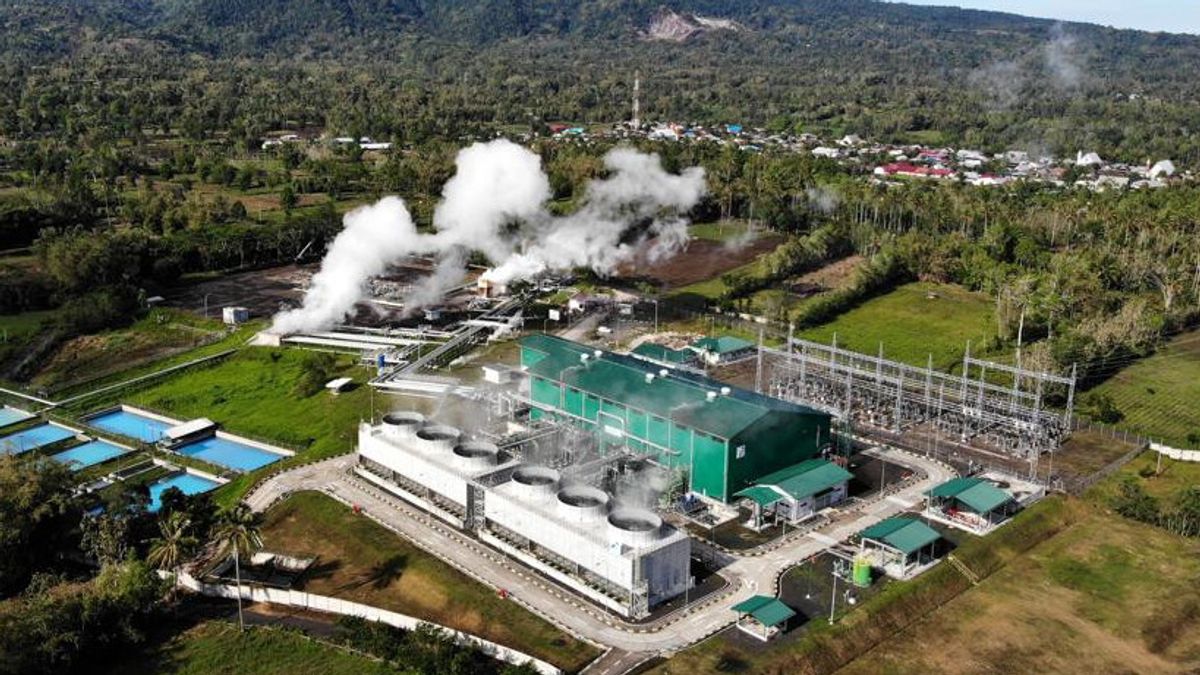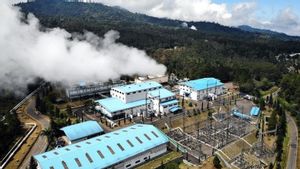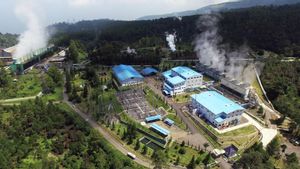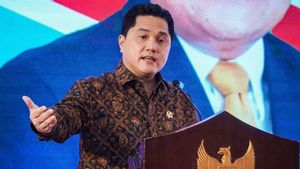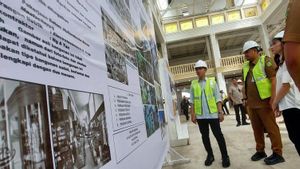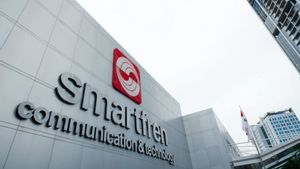JAKARTA - The contribution of millennials in the use of new and renewable energy can accelerate the energy transition process in Indonesia. This process is a necessity that must be carried out by all countries.
"Millennials can start from themselves," said Finance Director of PT Pertamina Geothermal Energi (PGE) Nelwin Aldriansyah answering a participant's question in the 2022 G20 Indonesia National Seminar entitled "G20 Presidency: Roles, Contributions, and Challenges" online in Jakarta, on Saturday 19 March.
As is known, Indonesia has renewed its commitment to reduce greenhouse gas (GHG) effects in the Nationally Determined Contributions (NDC) document by 29 percent by 2030 from the business as usual (BaU) level. In addition, Indonesia has also set a target for the new renewable energy mix in 2025 of 23 percent. In the end, the Government has also targeted zero emission in 2060 or sooner.
The energy transition is also one of the three main priorities in the discussion of the Working Group when Indonesia becomes the G20 presidency for the period 2021-2022. The three main priorities of the G20 Indonesia 2022 Presidency with the theme “Recover Together, Recover Stronger” are Global Health Architecture, Digital-based Economic Transformation, and Energy Transition. Green energy is an inevitable choice to deal with global warming.
According to Nelwin, in this energy transition process, millennials can start by using energy wisely. Young people can contribute by reducing the use of fossil-based energy and replacing it with sustainable and renewable energy sources.
"One way is to use public transportation, both electric buses, and trains," he said.
Young people should also start using energy-efficient electrical devices and utilizing solar panels for household electricity generation. This can reduce the dependence of homes on electricity supply from PLN. Coming here, said Nelwin, the cost of solar electricity for this household is getting less and less.
"I've started it since 2016. If in the past the price was still IDR 15 thousand per watt, now it is only IDR 7.000," said Nelwin.
VOIR éGALEMENT:
In addition, millennials can also use bicycles and electric motorcycles as alternative transportation. Nelwin explained, PGE also strongly supports the use of electric motorcycles. One of them is by helping Rangers, a local online motorcycle taxi application created by young people in Kamojang, one of PT PGE's work areas.
"We help change their motorbike engine from gasoline to electricity. We also provide a Public Electric Charging Station (SPLU)," said Nelwin.
Based on the 2020 Population Census, more than half of Indonesia's population is the millennial generation (born 1981-1996) which includes 69.38 million people (25.87 percent of Indonesia's population), and Generation Z (born 1997-2012) as many as 74.93 million people (27.94 percent). In 2027, the productive age of the Indonesian population is completely dominated by Millennials and Gen Z. Therefore, their choice of new and renewable energy will be able to accelerate the achievement of the zero emission target.
Nelwin, who has been in the financial world for a long time, explained that PGE is one of Pertamina's spearheads in the energy transition program. Together with PT Pertamina Power Indonesia, PT PGE is part of the subholding Pertamina Power & New Renewable Energy (PNRE), which is a subsidiary of Pertamina to boost the use of new and renewable energy. By 2030, Pertamina is targeting 17 percent of green energy in its portfolio.
The three geothermal working areas (WKP) are PGE's mainstay, namely the Kamojang work area which has an installed capacity of 235 MW, the Ulubelu work area in Lampung with an installed capacity of 220 MW, and the Lahendong work area, North Sulawesi with an installed capacity of 120 MW.
The English, Chinese, Japanese, Arabic, and French versions are automatically generated by the AI. So there may still be inaccuracies in translating, please always see Indonesian as our main language. (system supported by DigitalSiber.id)
